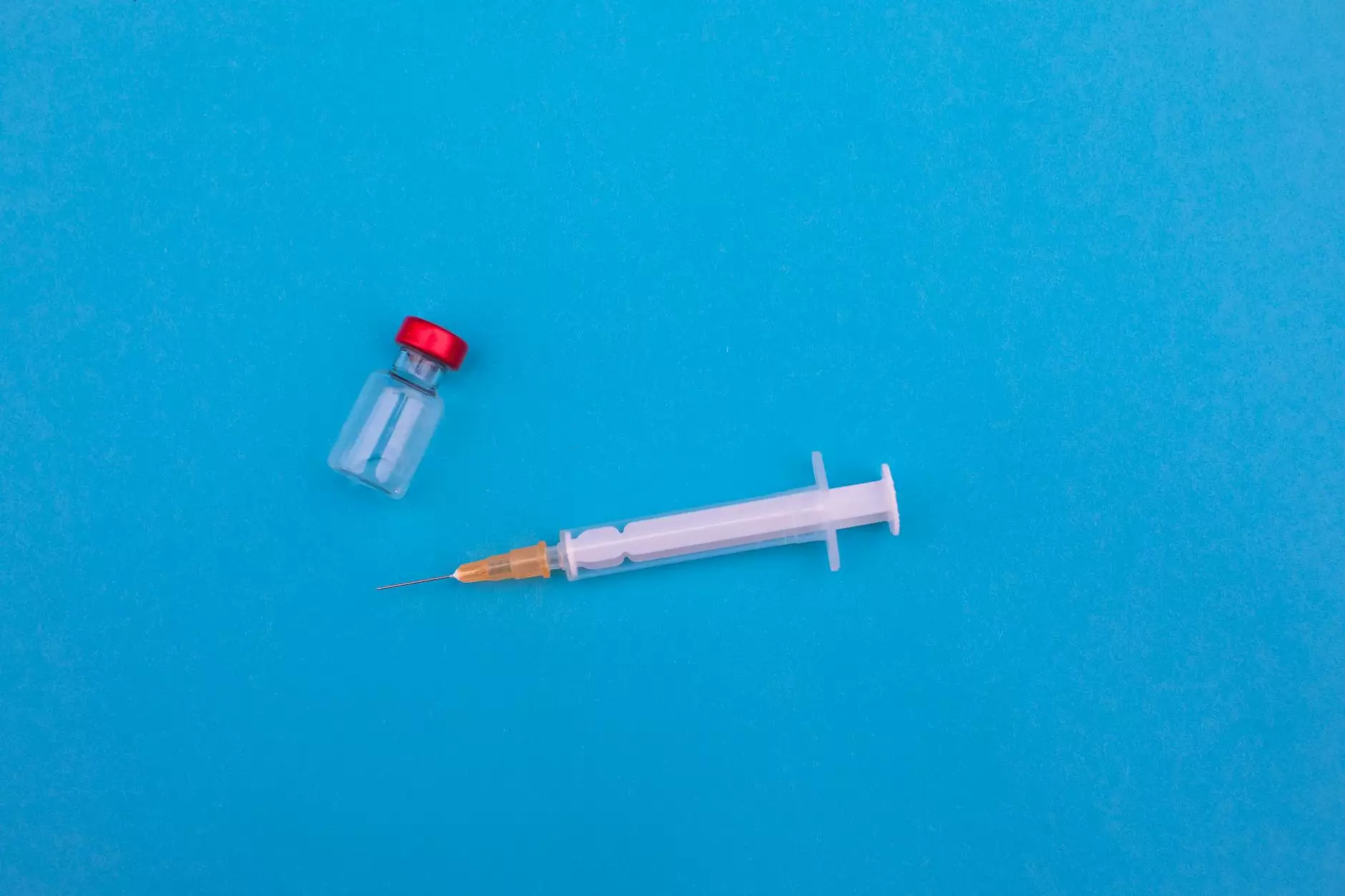Understanding "Dis Klinigi": The Role of Clinics in Health and Medicine

The phrase "dis klinigi" translates to "this clinic" in the Romani language. In today's world, clinics serve as crucial establishments for health and wellness, fulfilling a plethora of roles in our communities. This article dives deep into the significance of clinics, especially in the realms of general dentistry, health, and medical practices, and how they contribute to improving community health.
The Importance of Clinics in Modern Healthcare
In the landscape of healthcare, clinics are often the first point of contact for individuals seeking medical attention. They provide essential services that range from preventative care to specialized treatments. Clinics, broadly categorized into various types such as family health, dental, and urgent care clinics, play a pivotal role in the healthcare continuum.
Types of Clinics
- General Practice Clinics: These clinics offer a wide array of services that cover all aspects of health.
- Dental Clinics: Specialized in providing dental care, these clinics focus on oral health and hygiene.
- Urgent Care Clinics: For non-life-threatening emergencies, these clinics provide immediate healthcare services.
- Specialty Clinics: These cater to specific health issues, such as cardiology or dermatology.
A Closer Look at General Dentistry
General dentistry represents a vital branch of healthcare that focuses on the prevention, diagnosis, and treatment of oral health issues. It encompasses a variety of services designed to enhance and maintain patients' dental health.
Common Services Offered in General Dentistry
- Routine Examinations: Regular check-ups to assess oral health and catch potential issues early.
- Cleanings: Professional cleaning to remove plaque and tartar buildup, essential for preventing cavities and gum disease.
- Cavity Repairs: Treatment of cavities through fillings, crowns, or other restorative techniques.
- Preventative Care: Education on proper oral hygiene and lifestyle choices that influence dental health.
- Emergency Dental Services: Immediate care for dental emergencies like toothaches or injuries.
The Role of Doctors in Clinics
Doctors working in clinics, whether they specialize in general practice, dentistry, or other fields, are pivotal in delivering quality care. Their expertise enables them to provide accurate diagnoses and effective treatment plans tailored to individual patients.
Qualifications of Healthcare Professionals
- Education: Doctors undergo years of training and education, equipping them with necessary medical knowledge.
- Licensure: Passing rigorous examinations is essential for doctors to practice legally.
- Continuous Learning: Ongoing education ensures that clinicians stay updated with the latest medical advancements.
Benefits of Frequent Visits to the Clinic
Regular visits to the clinic, particularly for preventative care, can lead to numerous health benefits. Understanding and utilizing "dis klinigi" can profoundly influence personal health journeys.
Health Benefits of Regular Clinic Visits
- Early Detection: Regular check-ups aid in identifying health issues before they escalate.
- Improved Overall Wellbeing: Consistent care leads to better health outcomes.
- Health Education: Clinics often provide valuable information regarding lifestyle changes and health maintenance.
- Access to a Network: Clinics are often connected with specialists, ensuring comprehensive care.
The Future of Clinics and Healthcare
The future of healthcare is evolving, with clinics playing a central role. Innovations in technology, patient care models, and insurance coverages are redefining how clinics operate.
Technological Advancements in Clinics
- Telemedicine: Virtual consultations make healthcare accessible, breaking geographical barriers.
- Electronic Health Records (EHR): Streamlined patient information improves coordination among healthcare providers.
- A.I. in Diagnostics: Artificial Intelligence can assist in diagnosing conditions faster and more accurately.
Supporting Your Local Clinic: Why It Matters
Supporting local clinics, like medicadent.com, is crucial for maintaining healthy communities. By choosing local healthcare facilities, you contribute to the economy and ensure that essential medical services remain accessible to everyone.
How to Support Your Local Clinics
- Visit Regularly: Schedule your routine check-ups and dental visits.
- Spread the Word: Share your positive experiences to encourage others to seek care.
- Participate in Community Health Programs: Engage in local health initiatives that promote wellness.
- Provide Feedback: Help clinics improve by offering constructive feedback on their services.
Conclusion: Embracing the Value of Clinics
Understanding the significance of "dis klinigi" allows us to appreciate the essential services provided by clinics. As a community, we must prioritize and support our healthcare facilities to ensure everyone has access to quality care. Regular visits, combined with an understanding of what clinics provide, helps in cultivating a healthier society.
Ultimately, by choosing to engage with our local healthcare systems, we can contribute to a future where clinics continue to thrive, offering indispensible services across all medical disciplines, including General Dentistry.


